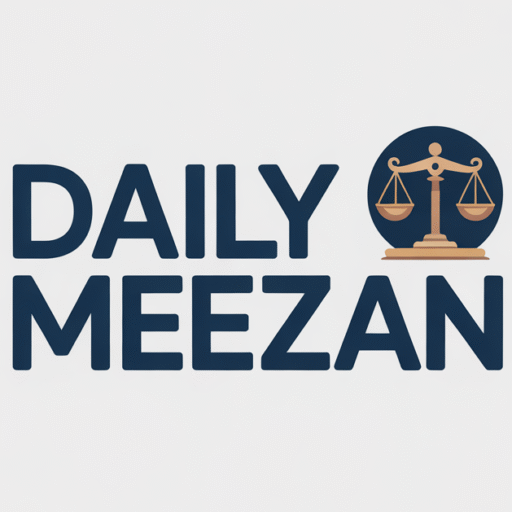Pakistan’s science base seen as competitive edge, with potential to become future mineral hub
US Critical Minerals Forum (CMF) President Robert Louis Strayer II, along with US Chargé d’Affaires Natalie Baker, called on Finance Minister Senator Muhammad Aurangzeb to discuss enhanced cooperation in Pakistan’s minerals and mining sector.
Talks focused on developing secure and transparent supply chains, promoting responsible investment, and advancing sustainable growth in Pakistan’s critical minerals landscape.
The visit comes as Washington intensifies efforts to diversify global supply chains and reduce reliance on China for rare earth materials — a domain long dominated by Beijing.
Read: Trump says he averted India-Pakistan clash with 250% tariff warning
Aurangzeb welcomed the initiative, saying Pakistan is implementing broad legal and regulatory reforms to attract responsible investment. “We encourage you to return with a detailed framework for collaboration,” he told the delegation, assuring that Pakistan would review proposals to ensure mutual benefit.
The U.S. Critical Minerals Forum President, Mr. Robert Louis Strayer II, along with U.S. Chargé d’Affaires Ms. Natalie Baker, called on the Federal Minister for Finance & Revenue Senator Muhammad Aurangzeb and his team today.
Discussions focused on strengthening Pakistan-U.S.… pic.twitter.com/fvUAWxyVJg
— Ministry of Finance, Government of Pakistan (@Financegovpk) October 31, 2025
He described the minerals sector as a “transformational opportunity” capable of driving export-led growth and reducing reliance on multilateral support. “A robust minerals policy will help Pakistan break the cycle of balance-of-payments pressures and ensure long-term economic stability,” he said.
According to a report from Trade Development Authority of Pakistan (TDAP), the country holds vast mineral reserves spanning 600,000 square kilometres, with 92 identified minerals—52 of which are commercially mined—and an annual production capacity of around 68.5 million metric tonnes. Despite this potential, Pakistan has yet to fully capitalise on its resources. The sector grows at an average rate of two to three per cent per year, with key materials such as copper and gypsum offering strong export prospects.
Aurangzeb noted that Pakistan’s economic diplomacy is evolving within a “constructive intersection of global relationships—renewed momentum in Pakistan-US ties, time-tested relations with China, and forward-looking strategic cooperation with Saudi Arabia.”
Read More: US grants India sanctions waiver to run Chabahar port
The meeting took place a day after the United States signed a 10-year defence framework agreement with India, described by Washington as a “cornerstone for regional stability and deterrence,” as US Defense Secretary Pete Hegseth met his Chinese and Indian counterparts at an ASEAN summit in Malaysia.
The back-to-back engagements underline Washington’s broader effort to strengthen strategic and economic partnerships across South and Southeast Asia amid growing competition with Beijing.
In today’s meeting, both sides reaffirmed their commitment to continued engagement aligned with Pakistan’s reform agenda and shared goals for sustainable development.
Strayer said the CMF is working globally to “de-risk investments from both financial and security perspectives” and to build reliable supply networks for US industries, particularly in emerging markets. He highlighted Pakistan’s strong science and engineering base as a “competitive advantage,” acknowledging its potential to become “a future hub for critical mineral development.”
He also underscored the CMF’s commitment to supporting technology transfer, intellectual property protection and private-sector confidence.




